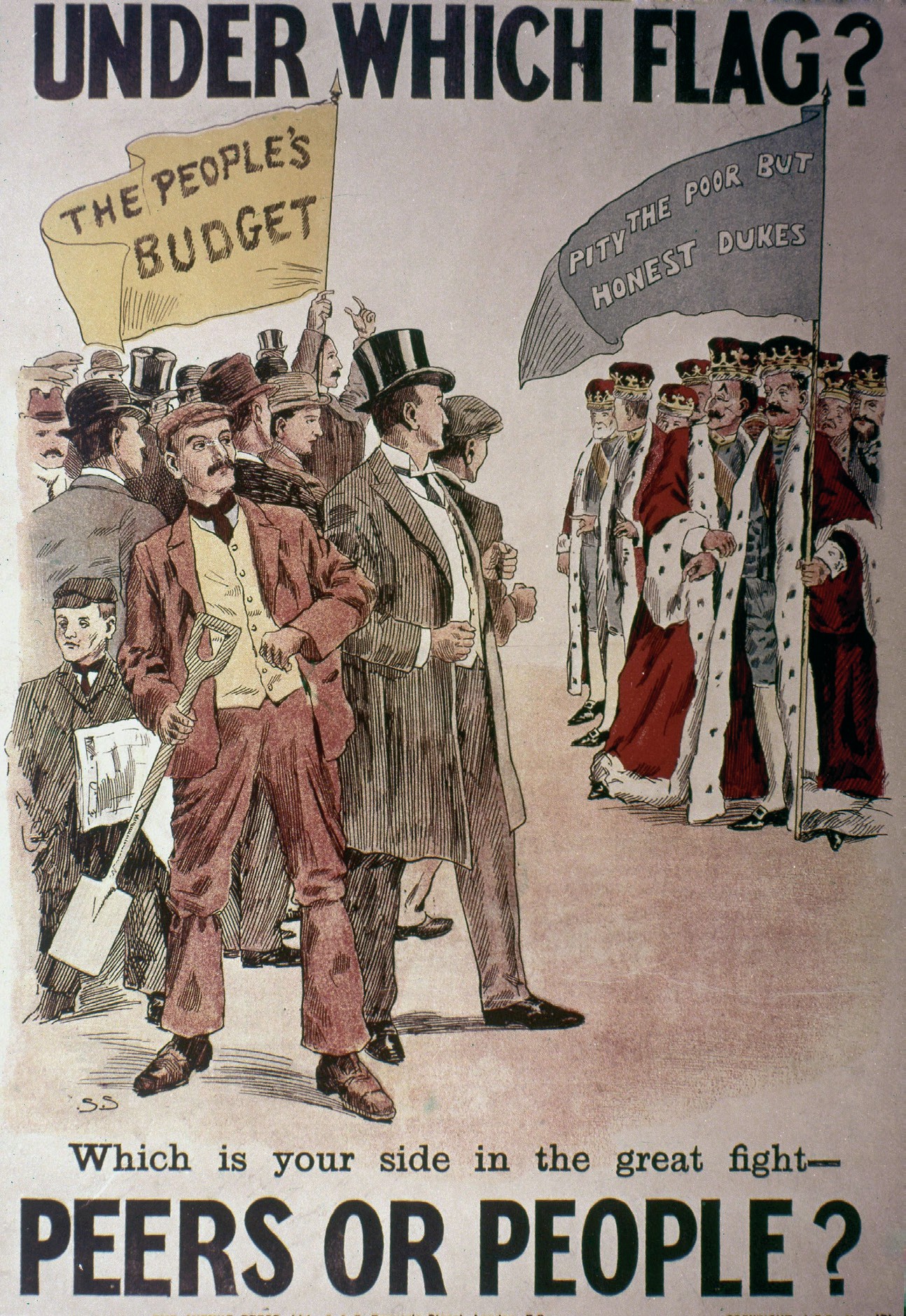
Classical liberalism in the nineteenth century did not embrace welfare reform eagerly. This was the party of industrialists and financiers, the party of those who had done well in the Industrial Revolution. The new middle classes who became Liberal voters and MPs were keen on economy, hard work and self-reliance and, most of all, low taxes.
In the 1870s Gladstone’s ministry introduced far-reaching reforms of the army, education, civil service and the voting system, but stopped short of creating a social security safety net for Victorian society’s poorest. A conventional view of the state’s obligations to the poor remained until the end of the century — this was the view that handouts would only encourage idleness and irresponsible behaviour, and that with the right moral outlook, anyone could improve his or her situation. Poverty, in the view of much of Victorian Britain’s ruling classes, was the result of carelessness and drink, therefore it should not be subsidised at any cost.
Your organisation does not have access to this article.
Sign up today to give your students the edge they need to achieve their best grades with subject expertise
Subscribe




